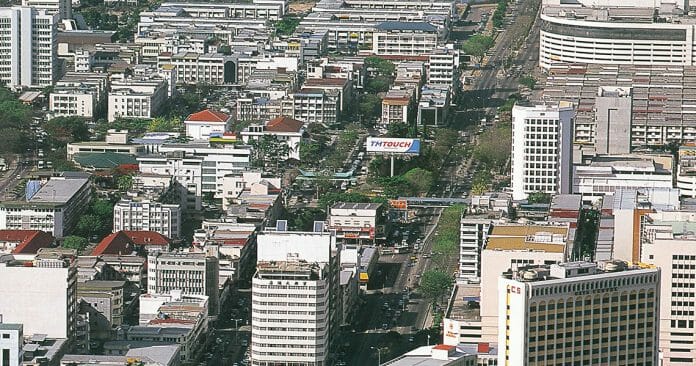Assuming a linear projection rate based on total cumulative total vaccinated people for the months of June, July, and August (based on data up to August 25) i.e., a “depressed” scenario whereby the average trajectory is lower than July-August which saw a big ramp up for most states compared to June, the states of Johor, Kedah, Kelantan, Perak, Sabah, and Terengganu have been identified as potential laggards and may only reach fully vaccinated adult population in December onwards. Under this scenario, Sabah’s rate may even spill into January next year.
Reportedly, these are the same states with vaccination rates of below 50% as of August 28, and Prime Minister Datuk Seri Ismail Sabri Yaakob has reportedly given the Health Ministry and the Ministry of Science, Technology and Innovation until the end of September to ensure that the vaccination rates within the adult population in these six states reach 50%.
However, the “50%” target could be an underestimation due to immunological uncertainties. Potential reduction of vaccine effectiveness against Delta variant, waning immunity, uneven level of protection from different vaccine types and Delta’s high infectivity rate are some of the key factors that may require a much higher percentage of successfully immunised population for protective effects at the population level to be achieved.
To have a better picture of what is happening and to better guide the validity of vaccine certificates, genomic sequencing and immunological studies (such as seroprevalence surveys) has to be ramped up significantly.
In any case, the “minimum” scenario for all states is the continuation of its rate of total vaccinated people achieved in August, at which all above-18s would be vaccinated before the end of 2021. Accordingly, most states will only reach 100% fully vaccinated above-18 population mid-October onwards. Only the states of Sarawak, Selangor, W.P Kuala Lumpur, Labuan, Putrajaya and Negeri Sembilan may reach 100% vaccinated adult population before October.
Relatedly, this may only provide 1.5 months of school before year-end school holidays. It may not be worth the risk and it’s best to wait until school reopens in 2021 when we have more information on how variants affect children, and more information on vaccination safety for children.
Under the same minimum scenario projection, the states of Terengganu, Sabah, Kedah and Kelantan have been identified as potential persistent laggards, with Perak and Johor potentially being in this group if the rates as of August could not be maintained. These states must consider all options to ensure a higher level of protected population is achieved, perhaps even considering delaying vaccination for those recovering from Covid-19 for six months, to free up limited vaccine doses for others. The other states must not go lower than the rates achieved by August, at minimum.
It has to be noted that the total adult population covers roughly 72% of the population. Even expanding vaccination to above-14s would only increase this to about 75.5% of the population. Thus, assuming the traditional definition of herd immunity stands, younger age-groups may need to be vaccinated to reach the above-80 per cent population for herd immunity.
Recent report published in The New England Journal of Medicine indicated a higher risk of developing myocarditis (a type of heart inflammation) by Covid-19 compared to vaccines, which may provide additional argument in favour of vaccination and is in line with a recent report by the Centers for Disease Control and Prevention (CDC). Even so, there are findings by other researchers suggesting potential under-reporting in vaccine adverse events.
This is rightfully an intensely-debated topic, and while this is being determined, the immediate objective is to reach 100% fully-vaccinated adult population, pending further information on younger age groups. Vaccinating the significant undocumented foreign population and addressing anti-vaxxers must not be underestimated and should take precedence while assessing the issue on children vaccination.
Other immunological uncertainties complicate these scenario projections.There is evidence that Delta variant may still be transmitted by fully-vaccinated people similar to non-vaccinated individuals, which challenges the traditional definition of herd immunity. Either way, the number of cases becomes relatively less important and the percentage of the protected population takes priority in reducing the number of severe cases.
Thus, despite the closure of some vaccination centres (PPVs) in Klang Valley, we need to ensure a high level of vaccination readiness. Moving forward, in addition to PPVs and general practitioner clinics, school halls should also be considered as a vaccination and testing centre given its ubiquitous geographical spread in the community, complementing the decentralisation strategy.
Ameen Kamal is the Head of Science & Technology at EMIR Research, an independent think tank focused on strategic policy recommendations based on rigorous research









